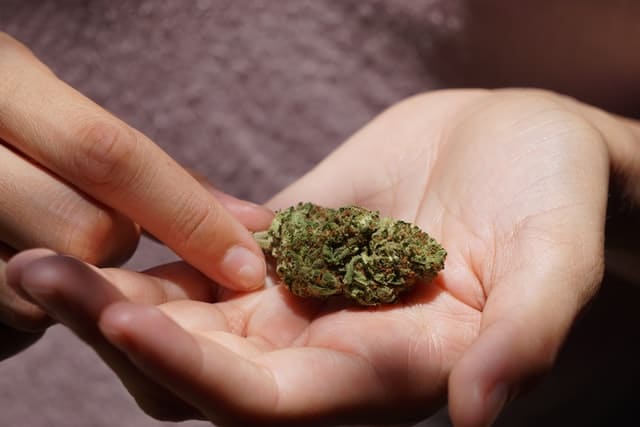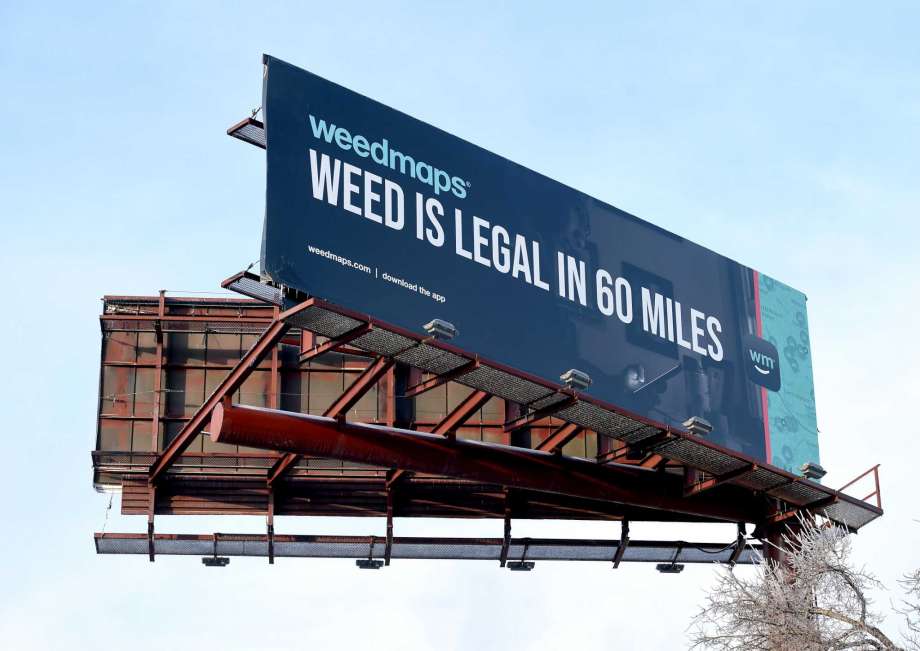
Washington DC grey market could be going away

Update 11/2/21: The provision to crack down on the grey market in DC was removed prior to voting on the overall bill on November 2, 2021.
Despite legalizing cannabis in 2014, Washington DC has yet to see a single legal sale of recreational cannabis. But that doesn’t mean the cannabis industry in DC isn’t thriving.
However that could all be changing after the DC Council will vote on a new measure on November 2, 2021.
During the peak of the COVID-19 pandemic in 2020, many Washington DC medical cannabis patients had their medical cards expire due to lack of government services. Patients must register through the Alcoholic Beverage Regulation Administration (ABRA) because there is no cannabis specific regulatory agency.
Under the current law, those seeking medical marijuana have to first get approval from medical practitioners registered with the ABRA, some of whom charge up to $200 a visit. To try and resolve the issue, Council Chairman Phil Mendelson introduced an emergency bill that aims to allow qualifying patients and caregivers whose registration cards expired or will expire between March 1, 2020 to Jan. 31, 2022 to continue purchasing, possessing and administering cannabis until Jan. 31, 2022.
However the emergency bill includes other measures that would severely cripple if not crumble entirely the grey market cannabis industry that is currently thriving in Washington DC. The same bill that aims to help medical cannabis patients also would enable city agencies and law enforcement to impose fines, revoke licenses, and shut the doors of non-authorized businesses engaging in buying, selling, or otherwise “exchanging” marijuana to its customers.
The Washington DC Grey Market
To understand the potential impact of this bill, it is important to understand how the “cannabis industry” operates in Washington DC. Despite legalizing recreational cannabis possession, cultivation and use in 2014, there is a rider put into the original bill preventing any funds from being spent on the establishment of a legal cannabis industry.
Because of this rider, known as the Harris Rider, there is no regulatory agency or current architecture for a recreational cannabis industry in DC. This hasn’t stopped the people of DC from starting their own underground “legal” cannabis industry that has grown exponentially since its inception.
Known as a “grey market” because it operates in a loophole of the current law, the cannabis industry in Washington DC operates entirely different from any other legal cannabis industry in the country. Here’s how it works:
- A customer enters a smoke shop, hydroponic store, or finds an online delivery service
- The customer must “donate” a certain fee for a product (i.e. $45 donation for a T-shirt)
- The customer then receives a “gift” in the form of cannabis products (i.e. cartridge, flower, edibles)
It is that simple, but can be easier said than done in an underground industry that is entirely unregulated. This can lead customers to pay higher prices for smaller quantities of cannabis, with no way to judge the quality for themselves prior to purchase, mainly in the case of delivery services.
If Mendelson’s bill passes however, the entire grey market could be shut down in a matter of months. But if the 2022 Budget Proposal passes in its current state, it may not be all bad news.
Removing the Harris Rider
Although President Joe Biden does not support broad cannabis legalization on the federal level and left the Harris Rider in his 2022 Budget Proposal, legislators had a different idea. After the House of Representatives removed the Harris Rider in June 2021 passing it on to the Senate Appropriations Committee, Committee Chairman Patrick Leahy passed the bill through with more additions, but notably kept the Harris Rider out.
The slightly modified legislation also contains several other cannabis provisions, including a request to continue an existing protection for state medical marijuana laws, a call on the federal government to reconsider policies that fire employees for cannabis, criticism of the restrictive drug classification system that impedes scientific research and encouragement to develop technologies to detect THC-impaired driving.
If the 2022 Budget Proposal passes in its current state, the recreational cannabis industry would no longer be prohibited in Washington DC. In other words, the grey market would no longer be necessary. But in the case of Washington DC having a functional legal cannabis industry in 2022, that’s a big “IF”.












